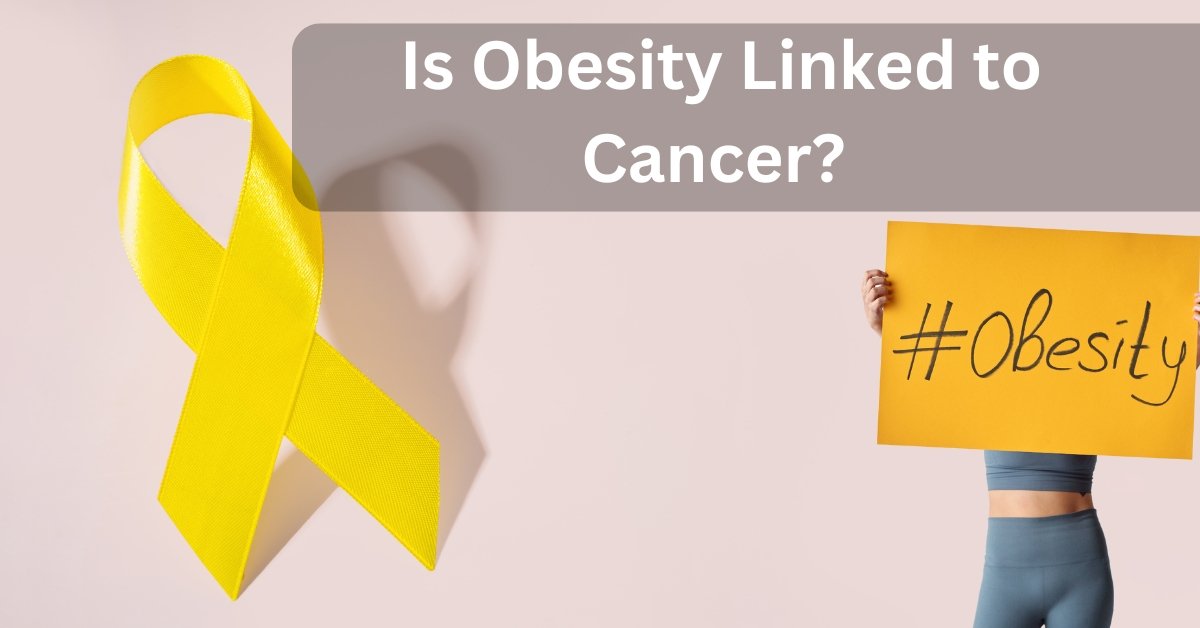
As an oncologist, one of the most pressing public health concerns I encounter is the growing prevalence of obesity and cancer and their significant interconnection. While many people understand that obesity increases the risk of heart disease and diabetes, fewer realize its strong link to cancer. Research highlights that excess body weight is not just a cosmetic issue but a major risk factor for several types of cancer.
In this blog, I’ll explore the relationship between obesity and cancer, the mechanisms behind it, and practical steps to reduce this risk.
The Growing Obesity Epidemic
Obesity has become a global epidemic, impacting millions worldwide. According to the World Health Organization (WHO), over 650 million adults are obese. In the U.S. alone, nearly 40% of adults are affected. Obesity, defined as a body mass index (BMI) of 30 or higher, contributes to a range of health problems, including cancer.
Beyond appearances, obesity influences hormone levels, inflammation, and the immune system, all of which are critical in cancer development. Understanding the connection between obesity and cancer can empower us to take preventive measures.
The Link Between Obesity and Cancer
Research shows a direct relationship between obesity and cancer. According to the American Cancer Society, being overweight or obese increases the risk of at least 13 cancers, including:
- Breast cancer (postmenopausal women)
- Colorectal cancer
- Endometrial (uterine) cancer
- Esophageal cancer
- Kidney cancer
- Liver cancer
- Pancreatic cancer
- Ovarian cancer
- Gallbladder cancer
- Prostate cancer
- Multiple myeloma
- Non-Hodgkin lymphoma
- Cervical cancer
How Does Obesity Increase Cancer Risk?
Several biological mechanisms drive the connection between obesity and cancer:
- Hormonal Changes
Fat tissue produces hormones, including estrogen, which can promote cancer growth. Elevated insulin and insulin-like growth factors in obese individuals can also stimulate tumor development. - Chronic Inflammation
Obesity triggers low-grade, chronic inflammation that damages DNA and creates an environment conducive to tumor growth. - Immune System Dysfunction
Excess fat impairs immune responses, reducing the body’s ability to fight cancer cells. - Altered Metabolism
Obesity provides an abundant energy supply to cancer cells, encouraging their growth. - Increased Cell Turnover
Rapid cell division in obese individuals raises the risk of DNA errors, leading to cancer.
Specific Cancers Linked to Obesity
Certain cancers are more strongly associated with obesity:
- Breast Cancer: Postmenopausal women with obesity are at higher risk due to elevated estrogen levels.
- Colorectal Cancer: Changes in gut microbiota and bile acid metabolism in obese individuals increase the risk.
- Endometrial Cancer: Fat tissue-driven estrogen production heightens risk.
- Esophageal Cancer: Obesity contributes to gastroesophageal reflux disease (GERD), a risk factor for esophageal cancer.
Can Losing Weight Reduce Cancer Risk?
Weight loss can significantly lower the risk of obesity-related cancers. Studies reveal that even modest weight reduction reduces insulin, estrogen, and inflammation levels, which are linked to cancer development.
Preventive Measures: Lifestyle Changes
Taking proactive steps can reduce the risk of both obesity and cancer:
- Healthy Eating: Focus on a balanced diet rich in fruits, vegetables, whole grains, and lean proteins. Avoid processed foods and sugary drinks.
- Regular Physical Activity: Aim for at least 150 minutes of moderate exercise weekly to maintain a healthy weight and improve immune function.
- Maintaining a Healthy Weight: Losing 5-10% of body weight can significantly lower cancer risk.
- Avoid Smoking and Limit Alcohol: These habits compound cancer risks, so adopting a healthy lifestyle is essential.
Conclusion: Addressing Obesity to Reduce Cancer Risk
The connection between obesity and cancer underscores the importance of maintaining a healthy weight. Obesity-driven changes in hormones, inflammation, and metabolism contribute significantly to cancer risk. However, these risks are largely preventable through lifestyle changes.
As an oncologist, I stress that reducing obesity is not just about aesthetics; it’s a critical step in cancer prevention. Small, consistent efforts like healthy eating and regular exercise can make a significant impact on your health and future. Contact us for more information.
FAQs about Obesity and Cancer
Q1: How strong is the link between obesity and cancer?
Research indicates that obesity is a major risk factor for at least 13 types of cancer, including breast, colorectal, and endometrial cancers.
Q2: Can losing weight reduce the risk of cancer?
Yes. Studies show that even modest weight loss can lower levels of cancer-linked hormones like estrogen and insulin, reducing the risk.
Q3: Are all obese individuals at risk of cancer?
While obesity increases risk, other factors like genetics, lifestyle, and environmental exposures also play a role in cancer development.
Q4: What lifestyle changes can prevent obesity-related cancer?
Adopting a healthy diet, engaging in regular exercise, avoiding smoking, and limiting alcohol consumption can significantly reduce the risk.
Q5: Is BMI the best measure for cancer risk assessment?
BMI is a useful tool but not a perfect measure. Other factors, like fat distribution and overall health, also influence cancer risk.
Why More Young Adults Are Developing Colorectal, Pancreatic & Other GI Cancers …
By Dr. Saadvik Raghuram Y – Leading Oncologist in Hyderabad World Cancer …
Why Are So Many Young People Getting Cancer Today? Across the world, …
January is Cervical Cancer Awareness Month in India, and this article explains …
Cancer-Related Fatigue (CRF) is one of the most common—and most underestimated—symptoms experienced …
Every year, Aplastic Anemia Awareness Month shines a spotlight on a rare …

